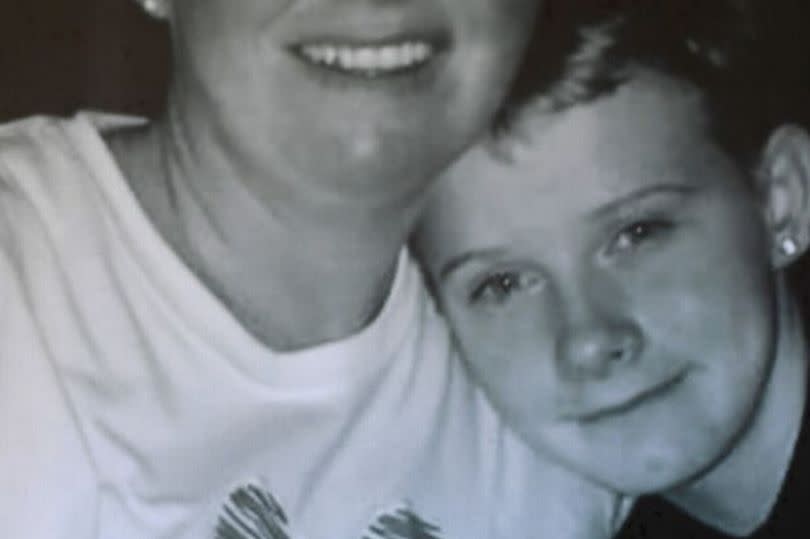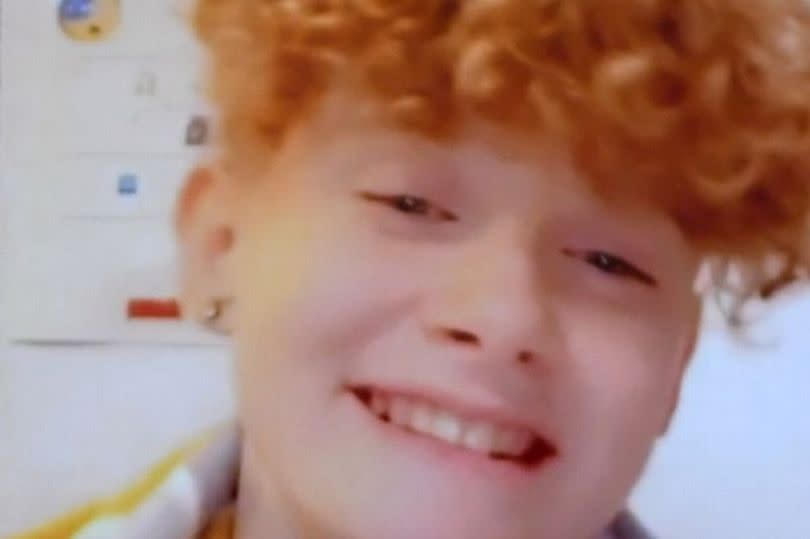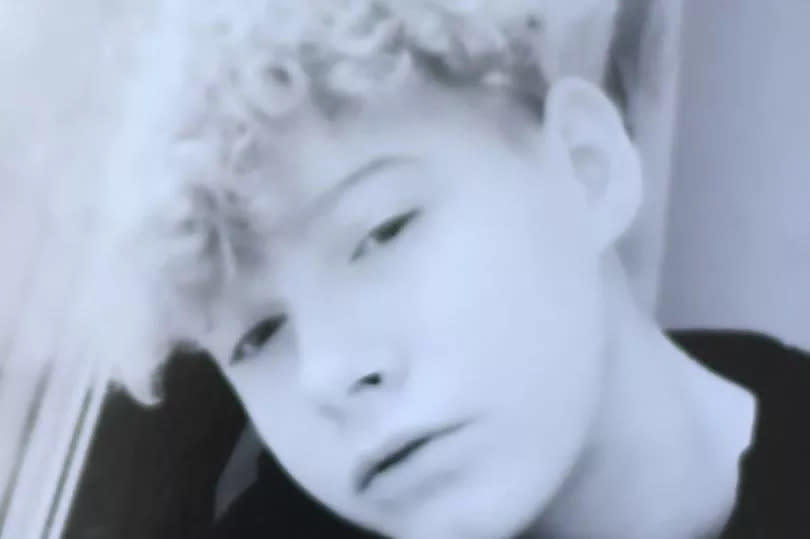Mental health trust investigation into Charlie Millers' death was 'lacking', boss admits as inquest continues

Greater Manchester Mental Health Trust's (GMMH) investigation into the death of Charlie Millers has been described as 'lacking' after bosses failed to speak to all staff members working on the ward at the time when the teenager was fatally injured there.
The 17-year-old trans boy died five days after he was found unresponsive in his room on mental health unit Junction 17 at the site of the former Prestwich Hospital, run by Greater Manchester Mental Health Trust (GMMH) late in the evening of December 2, 2020.
Mental health unit managers were also told to audit observations being done on patients staying on wards after fears they were not being done – only for those audits to also go uncompleted, an inquest has heard. GMMH managers were instructed to carry out daily audits of the regular checks being carried out on patients by ward staff.
The audit programme followed concerns in October 2020 that those regular checks, where patients are observed a set number of times an hour in accordance with their condition, were not accurate or simply not being done. But it was later found that the 'there was no evidence' some of the audits themselves were ever done.
READ MORE: Charlie Millers' notes were 'not maliciously' tampered with, GMP says
Charlie died from a hypoxic brain injury after being found completely unconscious with injuries caused by a ligature. At the time, he was on a strict observation regime where he was supposed to be checked on every five minutes by staff to make sure he was safe, the court has been told in a four-week inquest with a jury.
Charlie, from Old Trafford, had struggled with his mental health from about the age of five, which worsened through his teenage years. This manifested itself in serious self harm, thoughts of wanting to die and hearing voices, including a voice which Charlie named 'X' which told him to harm his family or himself.
Today (Tuesday, April 23), Rochdale Coroners' Court heard how an incident in October 2020 kickstarted a ‘need to make sure observations were being completed as per policy through an audit’ by GMMH managers. The audit included speaking to ward staff, and checking paperwork for its accuracy and timeliness, according to Gemma Clarke, a GMMH associate director of nursing and quality.
Ms Clarke said that after six months of daily audits, they were reduced to three times a week.
“Audits were put in place to assess the accuracy and the quality of observations,” said coroner Joanne Kearsley. “It’s quite a serious issue if it’s felt that staff aren’t doing them.”
But the coroner added that, during a review of GMMH failings which was published earlier this year, ‘there wasn’t the evidence to show that those audits were being done’.

Ms Kearsley also questioned GMMH’s internal investigation into the death of Charlie, the results of which were signed off by Ms Clarke, asking her about ‘things that weren’t picked up in the investigation’. ‘There is no evidence’ that number of staff working on Charlie’s ward on December 2 were spoken to by GMMH investigators or asked to provide a statement – including some of the people carrying out the final observations of the teenager every few minutes before his fatal injury, and the staff member who went in the ambulance with Charlie as he was rushed to hospital.
The coroner said: “How can you say the staff was adequate when there’s a lack of clarity as to who was on the ward and who was off? The outcome of the 2020 investigation is that the ward was adequately staffed, but you didn’t speak to all of the staff?”
Ms Kearsley asked if, given these gaps, Ms Clarke thought the ‘investigation was lacking somewhat’. “If they’ve not spoken to every member of staff, I’d agree, that would be correct,” Ms Clarke replied, adding that she 'didn't carry out the investigation' herself.

Throughout the inquest so far, there has been an absence of sheets recording five-minute observations on Charlie, which should be filled out by staff completing the checks every five minutes. Ms Kearsley has told the court she has not been provided with the five-minute observation records, relying on records of the observations on patients happening every 15 minutes and hourly in evidence.
Evidence given throughout the inquest so far has also shown the wrong documents were filled in by staff carrying out the five-minute checks, with staff instead writing mentioned of five-minute checks on sheets supposed to be filled in hourly.
Staff members’ names were additionally listed as having done the checks, when those checks had in fact been completed by others.
The inquest has also heard how the unit regularly struggled with short staffing – hamstrung by staff retention problems and the Covid-19 pandemic, which was still unfolding at the time of Charlie’s death and saw multiple staff going off sick.
The inquest had earlier been told how Charlie had been through a lot of 'trauma' throughout his life including being 'bullied at school' with 'acid thrown on him' and 'sexual abuse' over the course of five years. Charlie felt 'worthless', struggled with 'big feelings of shame' and 'did not feel safe in his relationships' ahead of his death, one doctor said.
His mother said she was determined to make sure Charlie got help. This included supporting Charlie in exploring his gender dysphoria, as Charlie had been saying from a young age, while still at primary school 'I am a boy'.
Proceeding

 Yahoo News
Yahoo News 
